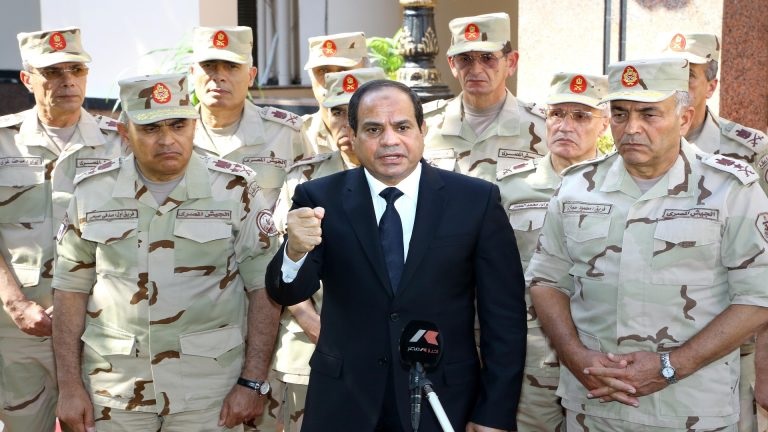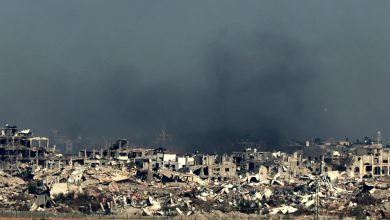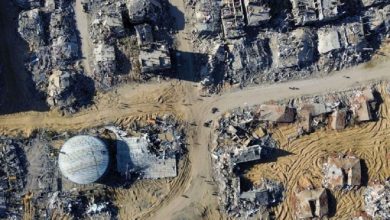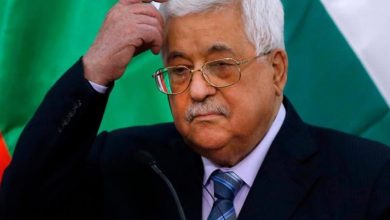Egyptians Reflect on Mubarak’s Legacy Amid Sisi’s Harsh Rule
Five years after Hosni Mubarak’s death, many Egyptians, facing economic hardship and political repression, are questioning whether his era was better than the present under Abdel Fattah el-Sisi.
Watan-Today marks the fifth anniversary of the death of former Egyptian President Hosni Mubarak, amid mixed emotions among Egyptians who remain divided in assessing his legacy. The most striking irony, however, is that many now look back on his era with nostalgia, given the deteriorating economic and political conditions under Abdel Fattah el-Sisi’s rule.
When the January 25 Revolution of 2011 toppled Mubarak’s regime, Egyptians were hopeful for a new era free from oppression and corruption. Yet, 14 years after the revolution and 11 years under Sisi’s rule, Egyptians find themselves facing an even harsher reality, characterized by a severe economic crisis and unprecedented political repression. This has led many to lament, saying: “Not a single day was as bad as under Mubarak.”
Ironically, the Mubarak regime, which was overthrown for its authoritarianism, is now seen by some as less repressive compared to Sisi’s rule. Reports indicate tens of thousands of political prisoners, a rise in enforced disappearances, and widespread human rights violations in prisons.
Mubarak vs. Sisi: A Harsh Comparison
Journalist Francesco Serrano pointed out that public freedoms under Mubarak were better than under Sisi, who believes that allowing even minimal opposition was Mubarak’s greatest mistake—one that ultimately led to his downfall.

Economically, conditions have worsened significantly under Sisi, with rising poverty rates and soaring foreign debt, while massive, often impractical, spending projects have contributed to a deepening economic crisis.
The middle and lower classes are struggling under skyrocketing prices, despite Sisi’s repeated promises that costs would not increase. In reality, Egypt is suffering under a harsh economic program imposed by the International Monetary Fund (IMF) in exchange for an $8 billion loan, further burdening citizens.
Sisi has also faced accusations of compromising Egypt’s sovereignty, particularly after ceding the Tiran and Sanafir islands to Saudi Arabia—a move that sparked widespread outrage. Many now compare Mubarak’s policies, which maintained Egypt’s territorial integrity, with Sisi’s concessions to regional allies.
Amid this backdrop, Egyptians find themselves reminiscing about Mubarak’s era, asking: Was the revolution in vain? And despite all its flaws, was Mubarak’s rule better than their current reality under Sisi?






